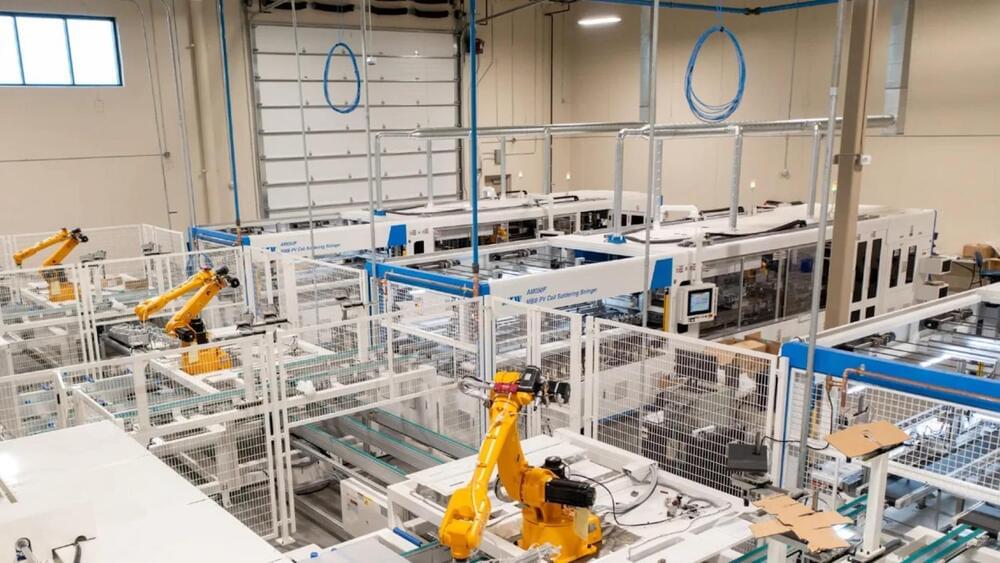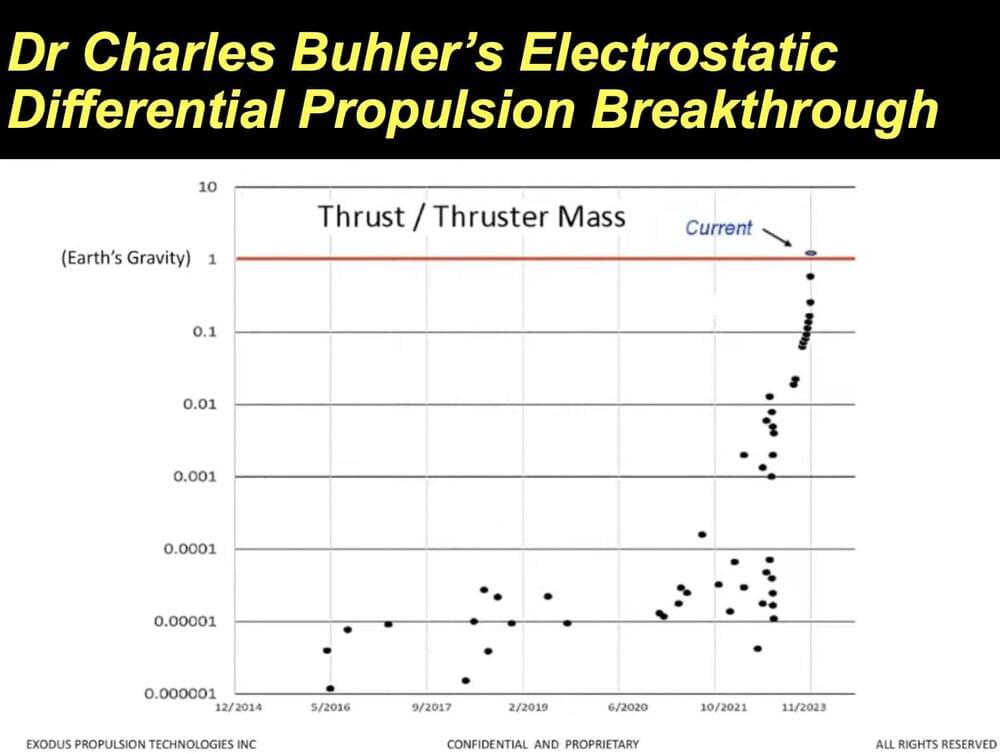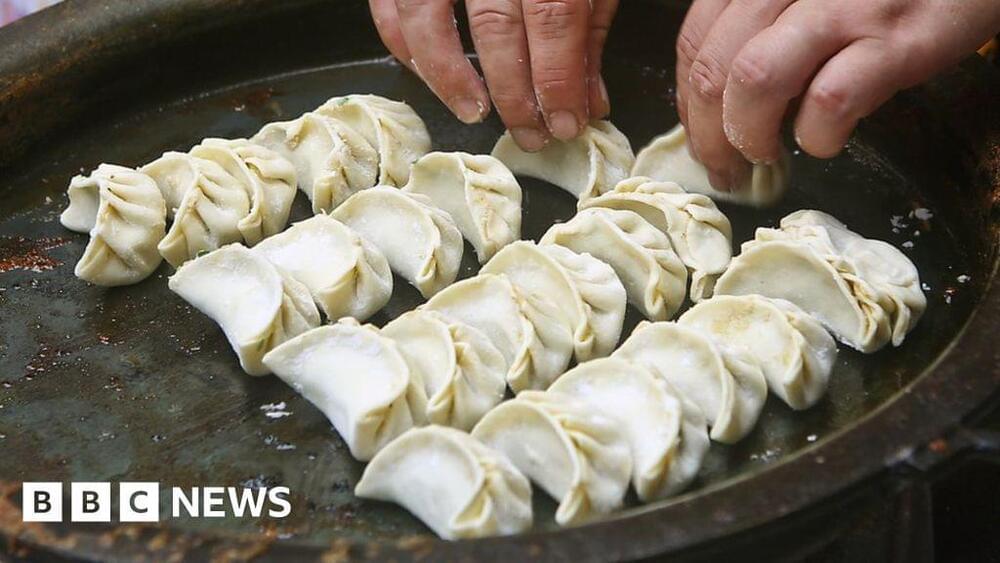
Actin is a highly abundant protein that controls the shape and movement of all our cells. Actin achieves this by assembling into filaments, one actin molecule at a time. The proteins of the formin family are pivotal partners in this process: positioned at the filament end, formins recruit new actin subunits and stay associated with the end by ‘stepping’ with the growing filament.
There are as many as 15 different formins in our cells that drive actin filament growth at different speeds and for different purposes. Yet, the exact mechanism of action of formins and the basis for their different inherent speeds have remained elusive. Now, for the first time, researchers from the groups of Stefan Raunser and Peter Bieling at the Max Planck Institute of Molecular Physiology in Dortmund have visualized at the molecular level how formins bind to the ends of actin filaments.
This allowed them to uncover how formins mediate the addition of new actin molecules to a growing filament. Furthermore, they elucidated the reasons for the different speeds at which the different formins promote this process. The MPI researchers used a combination of biochemical strategies and electron cryo-microscopy (cryo-EM). The breakthrough, published in the journal Science, can help us explain why certain mutations in formins can lead to neurological, immune, and cardiovascular diseases.


















